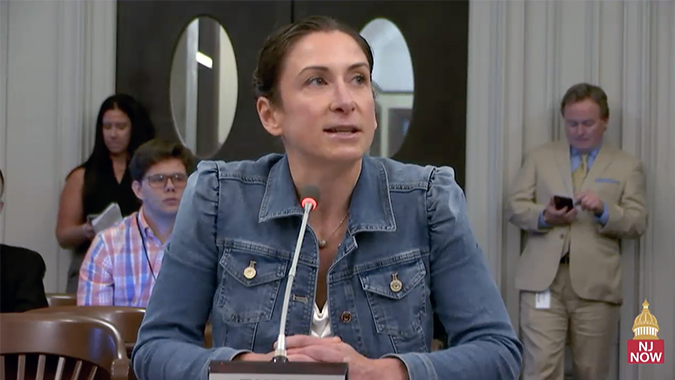The New Jersey Business & Industry Association and a host of leading healthcare associations jointly opposed a bill on Monday that would place unfair conditions on the transfer of ownership of healthcare facilities in the state.
Bill A-3684 (DeAngelo, D-14), which now sits on Gov. Phil Murphy’s desk, mandates that all non-managerial employees be maintained by the purchasing owner of the facility – unless a reduction in staff is needed.
However, with that provision comes a requirement that the new owner hire back employees based on seniority under the previous owner, with no end date to offer that employment.
In written testimony to the committee, the Health Care Association of New Jersey, the New Jersey Hospital Association, LeadingAge New Jersey and Delaware, the Fair Share Hospitals Collaborative, the Home Care & Hospice Association of New Jersey, and NJBIA told the committee that the bill “will negatively impact the entire healthcare system by imposing unprecedented restrictions on the sale or transfer of a facility.”
“We believe this legislation is very far-reaching, impacting not only the nursing home community, but all healthcare facilities, including hospitals, home health agencies, and healthcare service firms,” the groups wrote.
“Anyone under a manager level, unionized or not, small businesses to our largest employers, those who receive government payments to those that do not, private and nonprofit, would be subject to this legislation.”
The groups noted that the bill, as currently written, would unnecessarily restrict normal managerial discretion that is a basic right of business ownership. They said those decisions “may be needed to remedy poor financial conditions that may have necessitated the sale or transfer and thus putting the facility in jeopardy of closing, or unable to improve its operations.”
“In the end, the patients may lose access to care or be impacted,” they wrote.
In their testimony, the groups detailed how wide-reaching the bill is in terms of the scope of provisions and the impact on various healthcare businesses.
“This sets a dangerous precedent for future private transactions in other industries as well,” they wrote. “We are also not aware of any other state that has laws placing restrictions on the sale of a private or nonprofit entity.”

